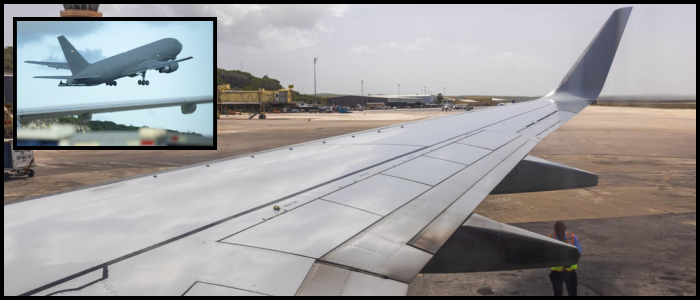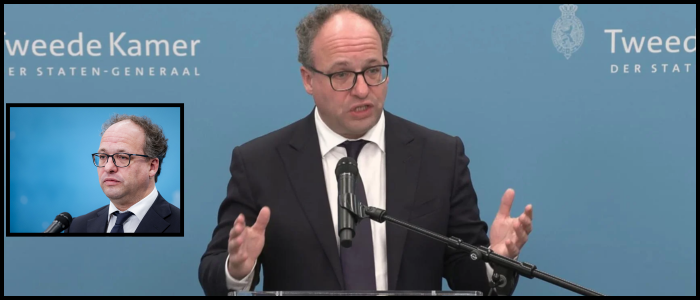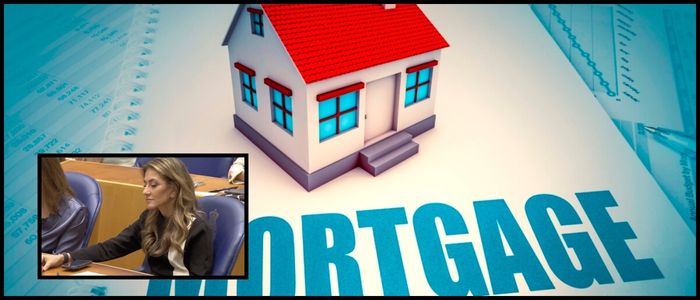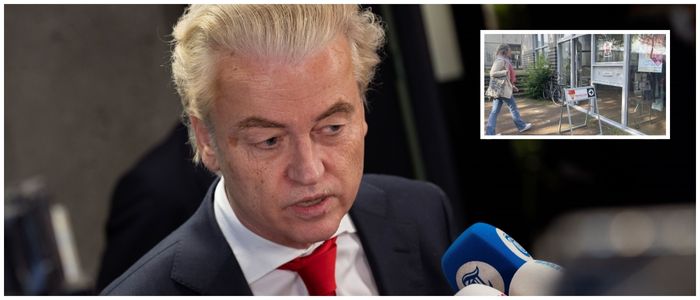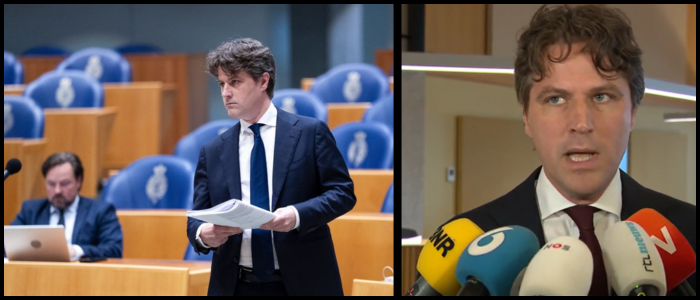
CDA leader Henri Bontenbal said that his party does endorse stricter immigration control, but that this goes against fundamental values. "Criminalising the attempt to save the life of a sick relative is a line we cannot cross," he said. The CDA had first contemplated supporting the law but pulled out after the amendment's passage by the Lower House of Parliament.
Disagreement Sparks Political Tension
Bontenbal described the coalition's decision to back the amendment as a "mistake" and said that he was disappointed in the way it played out. As a consequence, the CDA will also vote against the dual status system, from which a distinction between refugees will arise. The Immigration and Naturalisation Service (IND) has doubts whether such a system can be applied for, and Bontenbal thinks the alarm bell they rang on this issue should be taken seriously. "We have heard from previous investigations of the importance of listening to the implementers," he said.
Senate and House Votes Up in the Air
With the CDA withdrawing its support, the fate of the asylum laws is now uncertain. In the Senate, small one-seater parties like the OPNL and Fractie-Kemperman will be essential to reach a majority. The key is still held in the House of Representatives by the Nationalist Conservative Party (NSC). Even though NSC had supported the law until now, after the criminalisation amendment, it's unclear how they'd vote.
The Lower House will vote tomorrow on the emergency asylum law as well as the dual status system. But since many parties have yet to make up their minds, there is no guarantee that either will find the backing it needs to progress.




